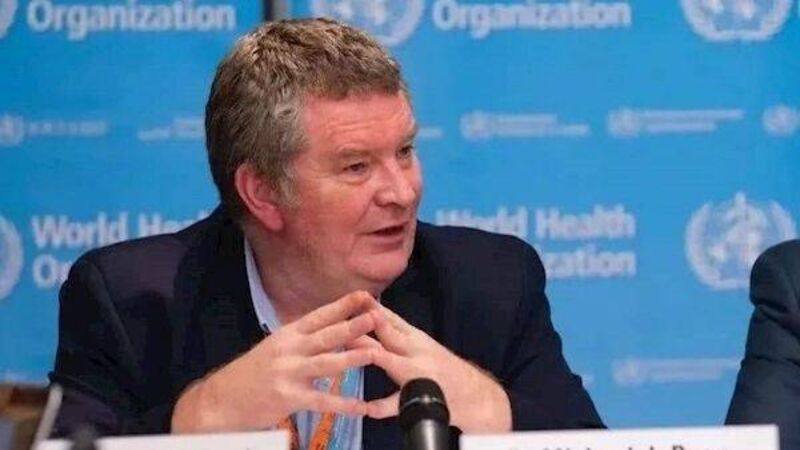Governments should brace for more Covid waves, say health chiefs

The WHO's Dr Mike Ryan said European governments should not relax about Covid-19. “The real work for countries now is to really review your national plans,” he said.
The World Health Organization has called on governments to prepare for winter, with more Covid surges expected and current case numbers believed to be underestimated.
Case numbers rose by almost 30% in the last two weeks, director general Tedros Adhanom Ghebreyesus said. Testing has been scaled back in many countries, which he said obscures the true picture of what is happening.










